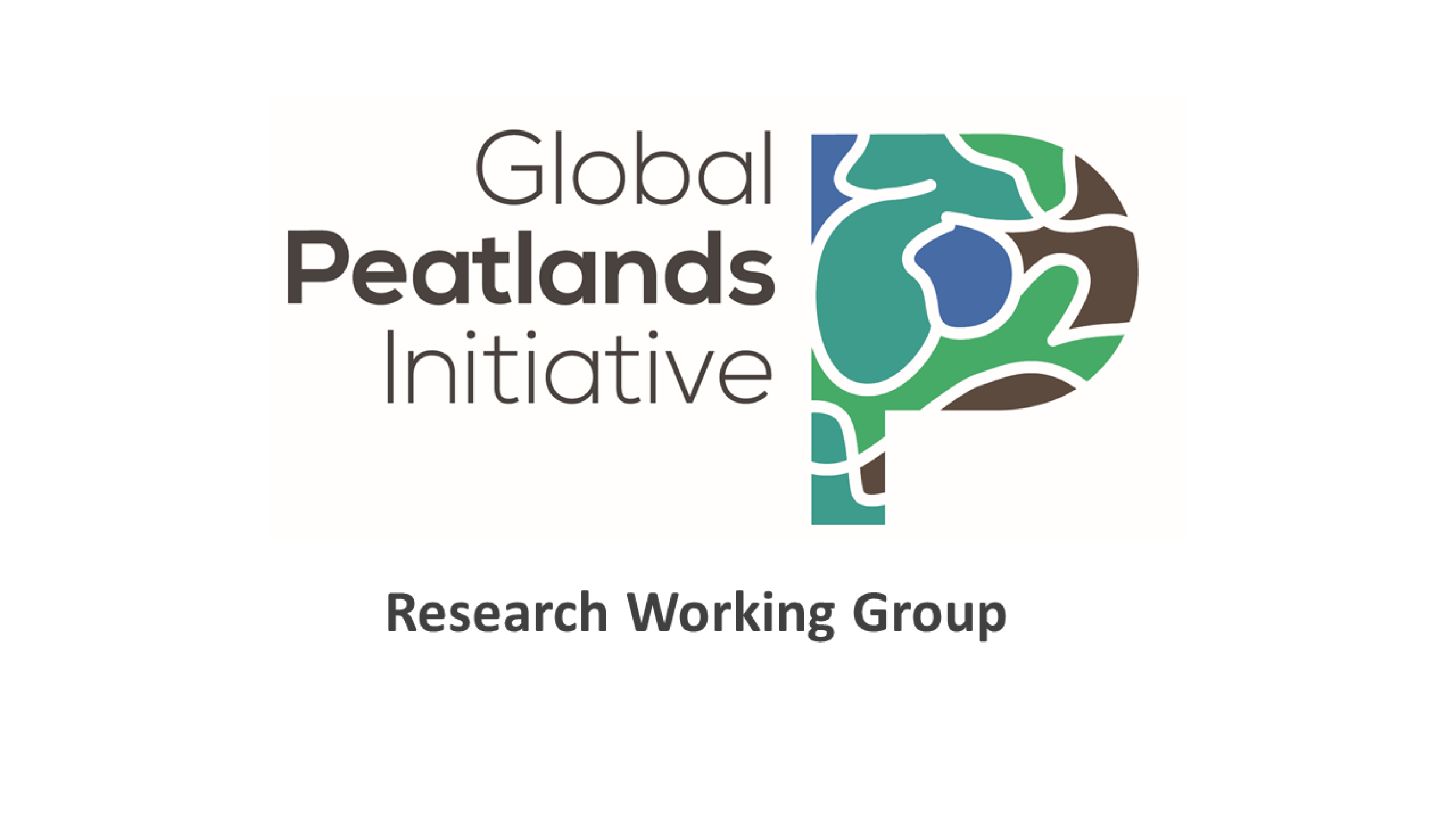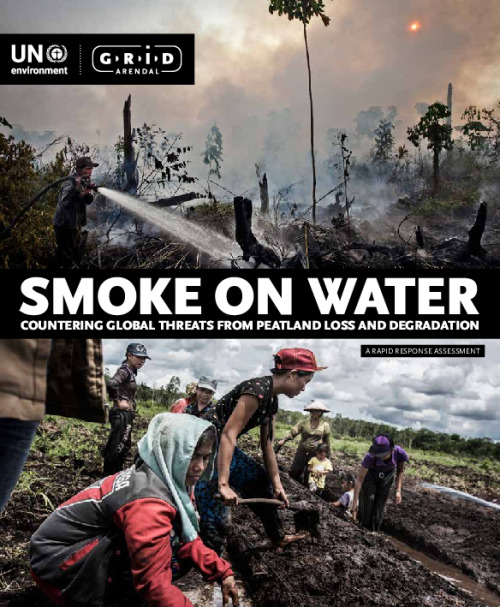Zombie fires are ravaging peatlands in France
Sep 30

The Global Peatlands Initiative Research Working Group, co-led by Prof Mark Reed (SRUC) and Dianna Kopansky (UNEP), was established in 2019 and aims at identifying research priorities and national and international research funding opportunities for peatlands. The goal is to develop a programme of research that can be funded by multiple national funders alongside funding from the international community aligned with the goals of the UN system (leveraging complementary funding where possible), and that is integrated and coordinated at the global scale, enabling the research community to contribute to the global goals of the GPI and draw conclusions from their research of wider international significance.
The Research Working Group will benefit from a series of online training sessions for peatland researchers to help build their capacities, improve and enable inter-disciplinary research, and help to advance and harmonize peatlands research approaches across regions while strengthening the network by inspiring and facilitating impactful collaboration across the global peatlands research community. The series kicked off in December 2020 and will carry on through to 2022 with sessions on research impact (9 sessions planned) and research skills (10 sessions planned) including:
The first workshop entitled “Increasing your research funding success” was held on the 17th of December and provided tips on how to write a more competitive research proposals, how to integrate impact aims into proposals, how to convince reviewers your research will make a difference and tools for co-producing impact. Download the agenda, video and slides from the training.
The second session, entitled “Fast track the impact of your research – Introduction to impact with time-saving tools” delivered by Mark Reed (SRUC) was held on Friday 30th of April. The video of the training is available here (passcode: c2Cpwfq^) and the slides here.
The third session entitled “Preparing field campaigns in peatland environments” and delivered by Tatiana Minayeva (Care for Ecosystems), Line Rochefort (University of Laval) and Piet-Louis Grundling (Gov of South Africa) was held on Friday 7th of May. The video of the training is available here and all training resources, slides and videos can be found here.
The fourth session entitled “Influencing policy” and delivered by Prof Mark Reed (SRUC) and Dianna Kopansky (UNEP) was held on the 11th of June. The video of the training is available here and all training resources, slides and videos can be found here.
The fifth session, entitled “Building Visibility and Impact Online” delivered by Jeremy Van Loon (CIFOR-ICRAF) and Prof Mark Reed (SRUC) was held on Friday 18th of June. The video of the training is available here and all training resources, slides and videos can be found here and here.
The sixth session, entitled “How to write a policy brief ” delivered by Jan Peters (Michael Succow Foundation) and Prof Mark Reed (SRUC) was held on Friday 30th of July. The video of the training is available here and all training resources, slides and videos can be found here and here.
The seventh session, entitled “Presenting with impact: using evidence to motivate change” delivered by Prof Mark Reed (SRUC) was held on Friday 10th of September. The video of the training is available here (Access Passcode: N%+5*bnc) and all training resources, slides and videos can be found here and here
The eight session, entitled “Designing and facilitating meetings/workshops with partners & stakeholders” delivered by Prof Mark Reed was held on Friday 1 of October.
Please make sure to mark your calendars for the next sessions:
The working group has also collected an extensive list of peatland research projects that have been recently funded, or that are under review or in preparation. While the list is not exhaustive (especially bids that are not funded or in the public domain), the initiative is an important opportunity for researchers to collaborate with each other around areas of common interest, where relevant joining forces to integrate work across projects. A total of 50 peatland research projects were identified by members of the Working Group and from online databases[1], including 25 under development or under review and 44 recently funded (starting 2019 or 2020 or still in operation during 2021). The list of the projects is available here.
*Note that these lists are not exhaustive; projects under development or review are based on survey responses from working group members only, and numerous smaller projects (in particular PhD projects) have been screened out of the list of funded projects.
If you are interested in joining this GPI Research Working Group, please contact Mark Reed Mark.Reed@sruc.ac.uk and Dianna Kopansky Dianna.kopansky@un.org to access the sign-up form.
The Research WG network and associated training program is supported by funding from the British Academy.
[1] The Dimensions database was used to identify a number of these projects, prioritising significant projects (over $75,000) of relevance to GPI objectives
Sep 30
Sep 30
Aug 31

Region Global
Type Reports & briefs
Theme Global Policy